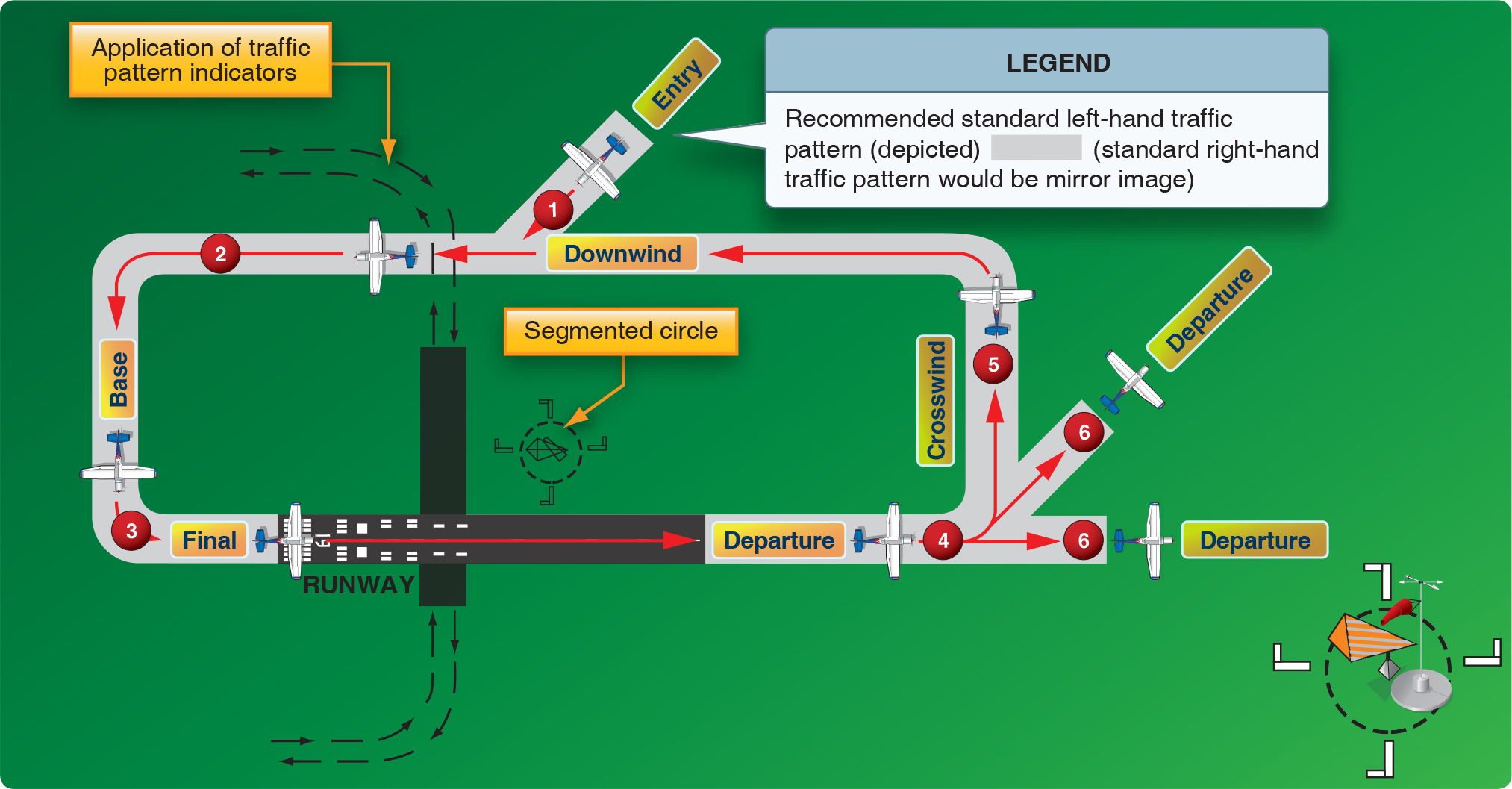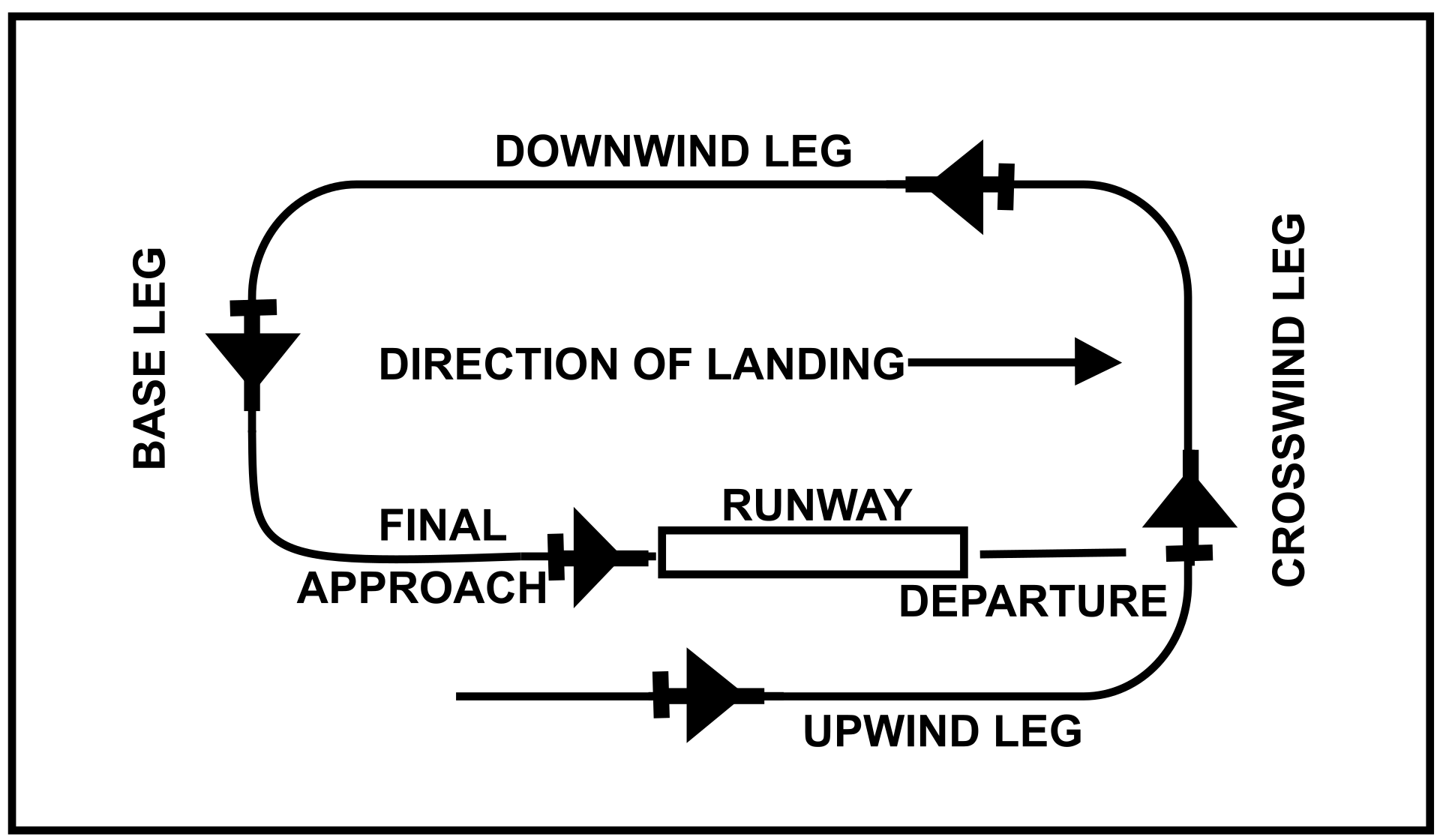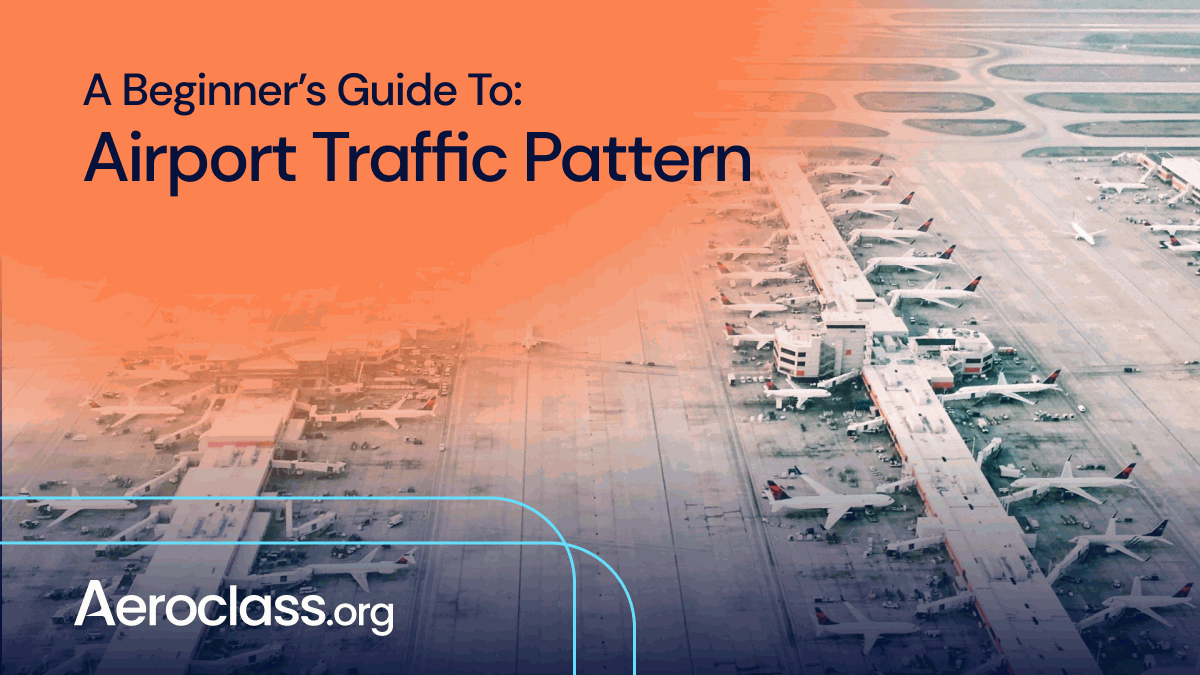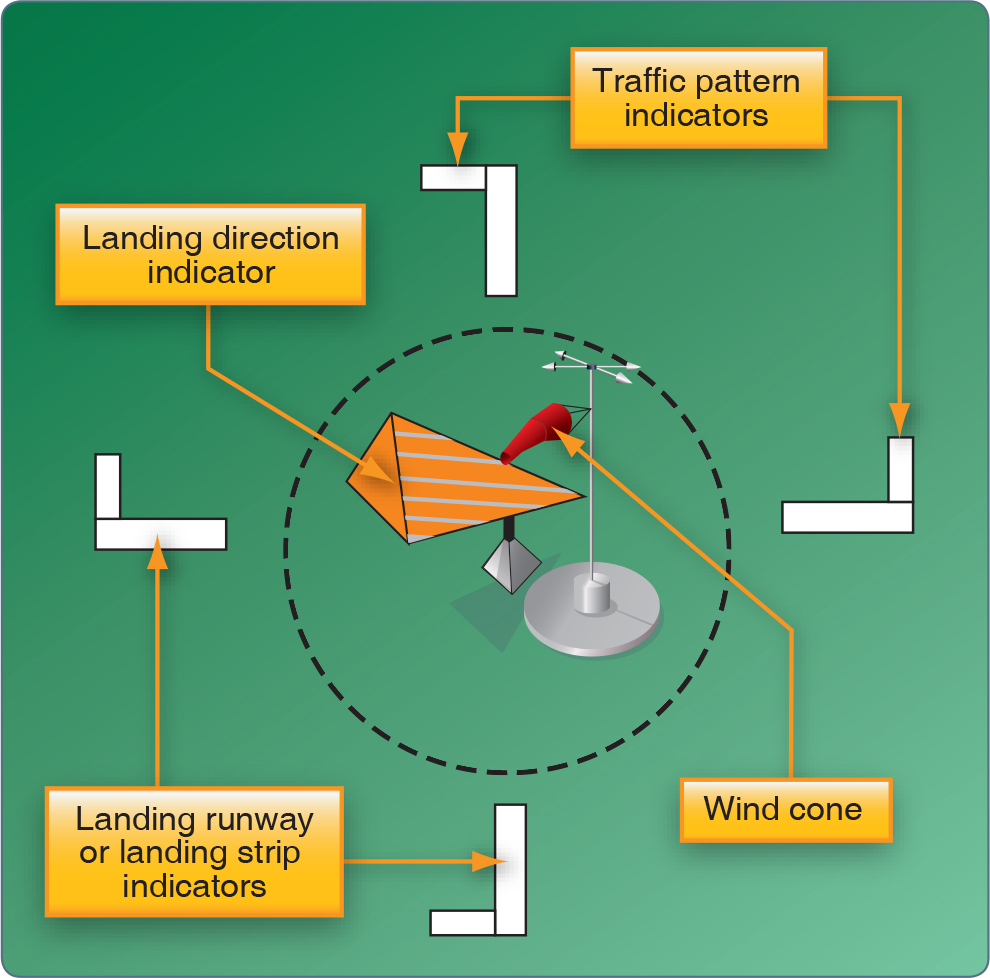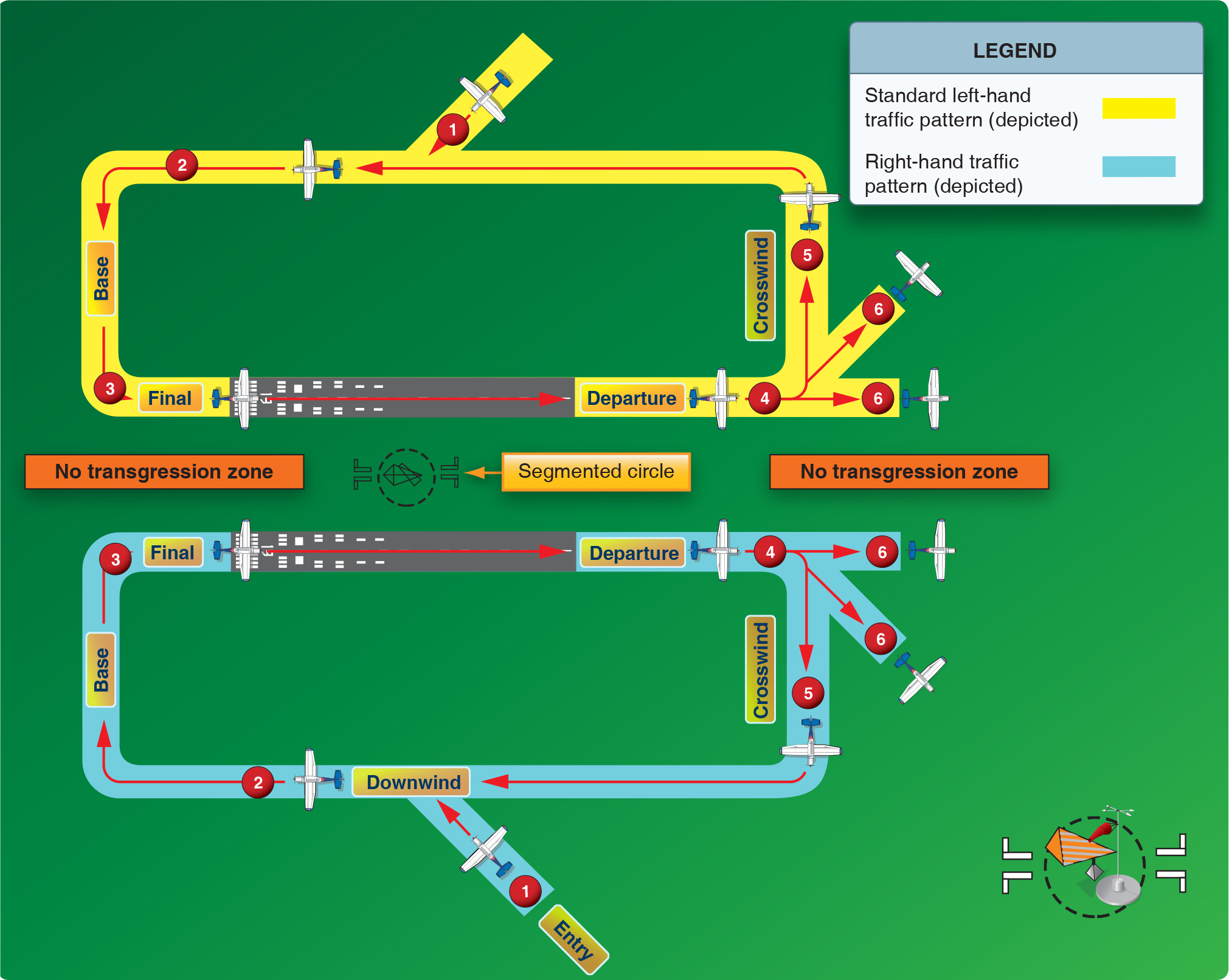The Recommended Entry Position To An Airport Traffic Pattern Is
The Recommended Entry Position To An Airport Traffic Pattern Is - The answer to the query is option b: Web the recommended entry position to an airport traffic pattern is 45° to the base leg just below traffic pattern altitude. B) to enter 45 degrees at the midpoint of the downwind leg at traffic pattern altitude. A) 45 degrees to the base leg just below traffic pattern altitude. While the aim is not regulatory, it. A long straight in final approach to the active. Web the first thing to consider is whether your destination airport is towered or nontowered. Web if your arrival is on the downwind side of the desired runway, flying southward toward the airport and runway 09, the pattern entry of choice is the. Find out the recommended entry position, pattern altitude, glidepath, and departure. Web you must comply with any faa traffic pattern for that airport when departing. To enter 45° at the midpoint of the downwind leg at. The answer to the query is option b: Web a set of flashcards for studying asa chapter 5 of the private pilot test prep book. Web the recommended entry position to an airport traffic pattern is. The exact nature of each airport traffic pattern is dependent on the runway in use, wind. B) to enter 45 degrees at the midpoint of the downwind leg at traffic pattern altitude. The direction and placement of the pattern, the altitude at which it is to be flown, and the. Web the recommended entry position to an airport traffic pattern is 45° to the base leg just below traffic pattern altitude. Web the first thing to consider is whether your destination airport is towered or nontowered. Follow five easy steps to position yourself safely and. Find out the recommended entry position, pattern altitude, glidepath, and departure. Web you must comply with any faa traffic pattern for that airport when departing. Follow five easy steps to position yourself safely and. To enter 45° at the midpoint of the downwind leg at. Web the recommended entry position for manned aircraft to enter an airport traffic pattern is The answer to the query is option b: Web the recommended entry position to an airport traffic pattern is. Web a set of flashcards for studying asa chapter 5 of the private pilot test prep book. The recommended entry to an airport traffic pattern is 45° to the downwind leg, at the. B) to enter 45 degrees at the midpoint. To enter 45° at the midpoint of the downwind leg at. Follow five easy steps to position yourself safely and. Web it is important to fly standard traffic pattern procedures to ensure the safe and orderly flow of aircraft to and from an airport. The direction and placement of the pattern, the altitude at which it is to be flown,. The recommended entry to an airport traffic pattern is 45° to the downwind leg, at the. Web you must comply with any faa traffic pattern for that airport when departing. Web learn how to fly the traffic pattern safely and efficiently with these five tips. The direction and placement of the pattern, the altitude at which it is to be. The exact nature of each airport traffic pattern is dependent on the runway in use, wind. Web airport traffic patterns ensure that air traffic moves into and out of an airport safely. B) to enter 45 degrees at the midpoint of the downwind leg at traffic pattern altitude. Web if your arrival is on the downwind side of the desired. A) 45 degrees to the base leg just below traffic pattern altitude. Find out the recommended entry position, pattern altitude, glidepath, and departure. While the aim is not regulatory, it. To enter 45° at the midpoint of the downwind leg at. The recommended entry to an airport traffic pattern is 45° to the downwind leg, at the. While the aim is not regulatory, it. Web the first thing to consider is whether your destination airport is towered or nontowered. The exact nature of each airport traffic pattern is dependent on the runway in use, wind. B) to enter 45 degrees at the midpoint of the downwind leg at traffic pattern altitude. For towered airports, the tower controller. Web the first thing to consider is whether your destination airport is towered or nontowered. C) to cross directly over the airport at traffic pattern altitude. Web it is important to fly standard traffic pattern procedures to ensure the safe and orderly flow of aircraft to and from an airport. Web learn how to fly the traffic pattern safely and. B) to enter 45 degrees at the midpoint of the downwind leg at traffic pattern altitude. Web learn how to fly the traffic pattern safely and efficiently with these five tips. Web the faa recommends standard traffic pattern flows at nontowered airports in an effort to maintain order and a safe environment for aircraft arrivals and. Find out the recommended. Find out the recommended entry position, pattern altitude, glidepath, and departure. Web the recommended entry position to an airport traffic pattern is 45° to the base leg just below traffic pattern altitude. Web the recommended entry position to an airport traffic pattern is. Web the faa recommends standard traffic pattern flows at nontowered airports in an effort to maintain order. Web airport traffic patterns ensure that air traffic moves into and out of an airport safely. Web the recommended entry position to an airport traffic pattern is 45° to the base leg just below traffic pattern altitude. Web if your arrival is on the downwind side of the desired runway, flying southward toward the airport and runway 09, the pattern entry of choice is the. Web the first thing to consider is whether your destination airport is towered or nontowered. Web the recommended entry position for manned aircraft to enter an airport traffic pattern is The recommended entry position is a 45. Web you must comply with any faa traffic pattern for that airport when departing. Web it is important to fly standard traffic pattern procedures to ensure the safe and orderly flow of aircraft to and from an airport. Web the faa recommends standard traffic pattern flows at nontowered airports in an effort to maintain order and a safe environment for aircraft arrivals and. For towered airports, the tower controller will specify how you will enter the. Find out the recommended entry position, pattern altitude, glidepath, and departure. Web the recommended entry position to an airport traffic pattern is. The exact nature of each airport traffic pattern is dependent on the runway in use, wind. A long straight in final approach to the active. Web traffic patterns provide procedures for takeoffs, departures, arrivals, and landings. Follow five easy steps to position yourself safely and.How to fly a standard airport traffic pattern Flight Training Central
Procedures and Airport Operations Traffic Patterns Learn to Fly Blog
Visualized Traffic Pattern Procedures Guide Poster (Towered & Non
Everything You Should Know About the Airport Traffic Pattern
Everything You Should Know About the Airport Traffic Pattern
Visualized Traffic Pattern Procedures Guide Poster (Towered & Non
Pilot Safety News April, 2005
Procedures and Airport Operations Traffic Patterns Learn to Fly Blog
5 Tips For Flying The Traffic Pattern Flight Training Central
Procedures and Airport Operations Traffic Patterns Learn To Fly
Web Learn How To Fly The Traffic Pattern Safely And Efficiently With These Five Tips.
Web A Set Of Flashcards For Studying Asa Chapter 5 Of The Private Pilot Test Prep Book.
The Recommended Entry To An Airport Traffic Pattern Is 45° To The Downwind Leg, At The.
A) 45 Degrees To The Base Leg Just Below Traffic Pattern Altitude.
Related Post:

